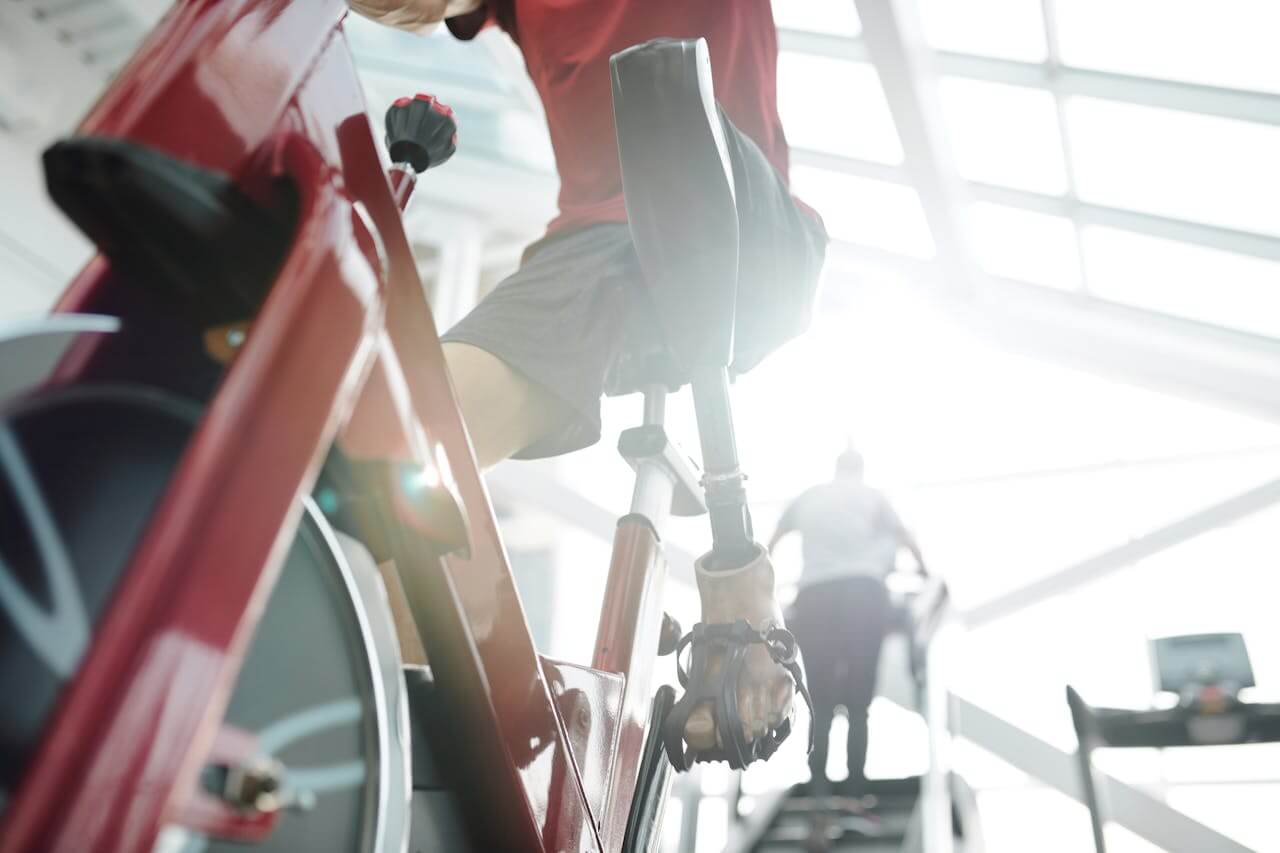Life after amputation is a journey marked by challenges, adjustments, and the need for resilience. While physical recovery is often the focus, mental and emotional well-being play an equally crucial role in regaining independence and maintaining motivation. Staying motivated as an amputee is about building a life that thrives beyond the limitations imposed by physical loss. Here’s a comprehensive guide to staying inspired and finding purpose after amputation.
1. Acknowledge Your Feelings
The journey to motivation begins with self-acceptance. Experiencing a wide range of emotions—grief, frustration, anger, or even fear—is entirely natural after an amputation. Suppressing these feelings can lead to emotional burnout and hinder progress. Allow yourself the space to process emotions, seek professional counseling if needed, and remember that it’s okay to feel vulnerable.
Acknowledgment is the first step toward regaining control over your life. Accepting the new reality doesn’t mean giving up—it means preparing to move forward.
2. Set Realistic Goals
Motivation stems from purpose. Set small, achievable goals to rebuild confidence and create a sense of accomplishment. Whether it’s learning to walk with a prosthetic limb, managing household tasks, or resuming a favorite hobby, these goals will act as stepping stones toward larger milestones.
Break down these goals into actionable steps. Celebrate every small victory along the way to keep your spirits high and maintain focus.
3. Build a Support Network
Isolation can be a significant barrier to staying motivated. Surrounding yourself with supportive people can make a tremendous difference. Family, friends, caregivers, and peers can offer emotional encouragement and practical help during challenging times.
Connecting with other amputees through local support groups or online communities can be particularly uplifting. Hearing stories of triumph and resilience from people who’ve walked the same path can be incredibly motivating.
4. Focus on Physical Health
Staying physically active can have a profound impact on your overall motivation. Regular exercise not only strengthens your body but also releases endorphins, which improve mood and combat feelings of depression. Physical activity can range from physiotherapy sessions and adaptive sports to simple walks with a prosthetic limb.
Nutrition plays an equally vital role. Eating a balanced diet helps the body heal faster and provides the energy needed for daily tasks. Proper hydration and sleep are also key to maintaining a positive outlook.
5. Explore Adaptive Technology and Tools
Modern advancements in prosthetics and adaptive devices offer opportunities for amputees to regain functionality and independence. Research the latest technology and find what works best for you. Having the right tools can help you overcome physical limitations and make daily activities more manageable.
Don’t hesitate to seek expert advice. Physical therapists and prosthetists can guide you toward solutions tailored to your unique needs.
6. Find Inspiration in Stories of Others
Learning about other amputees who’ve overcome significant challenges can serve as a powerful motivator. Whether it’s an athlete, artist, or community advocate, their experiences demonstrate that amputation is not the end of one’s story.
Look for books, documentaries, podcasts, or social media accounts that feature inspiring stories. These narratives can provide both practical tips and emotional reassurance.
7. Cultivate a Positive Mindset
Positivity isn’t about ignoring difficulties but rather choosing to focus on possibilities. Practicing gratitude can shift your perspective and bring attention to what you can still do, rather than what you’ve lost. Keep a gratitude journal or take a moment each day to reflect on things you’re thankful for, no matter how small.
Positive affirmations and visualization techniques can also reinforce motivation. Remind yourself daily of your strength and ability to adapt.
8. Embrace Hobbies and Interests
Reconnecting with hobbies can be incredibly therapeutic. Creative outlets like painting, writing, or playing music can help process emotions and bring a sense of joy and accomplishment.
If old hobbies feel too challenging, explore new ones. Adaptive sports, gardening, or even learning a new language can open up new avenues for growth and fulfillment.
9. Advocate for Yourself
Advocacy can be empowering. Whether it’s ensuring accessible environments, seeking better healthcare, or sharing your story to raise awareness, taking an active role in your life can boost motivation.
By standing up for your needs and rights, you also inspire others to respect and support your journey.
10. Seek Professional Guidance
Motivation sometimes requires outside help. A therapist, counselor, or life coach can help you develop coping strategies, set goals, and work through emotional barriers.
Amputation rehabilitation programs often include mental health support as part of the recovery process. Take advantage of these resources to build a strong foundation for long-term motivation.
11. Surround Yourself with Positivity
Your environment significantly influences your mindset. Keep uplifting quotes, photos, or memorabilia that remind you of happy memories and future aspirations. Play music that energizes you, and spend time in spaces that feel safe and comforting.
Positive surroundings encourage positive thinking, making it easier to stay motivated during tough times.
12. Reflect on Your Journey
Every step you’ve taken since the amputation is a testament to your resilience. Reflecting on your journey can be a powerful source of motivation. Think about the obstacles you’ve already overcome and the strength you’ve shown.
Journaling can help track progress and serve as a reminder of how far you’ve come. It’s proof that even when times are hard, you are capable of perseverance.
13. Give Back to Others
Helping others can bring immense satisfaction and renewed purpose. Consider volunteering, mentoring new amputees, or participating in community activities. By sharing your story and experiences, you may inspire someone else to overcome their own challenges.
Giving back not only uplifts others but also reinforces your sense of self-worth and ability to make a difference.
14. Celebrate Progress, Not Perfection
Finally, remember that progress is more important than perfection. Every individual’s journey is unique, and comparing yourself to others can lead to frustration. Focus on your own achievements and recognize that setbacks are a natural part of growth.
Celebrate every milestone, no matter how small. Each accomplishment is a step toward building the life you want.
Conclusion
Staying motivated as an amputee is a holistic journey that requires mental, emotional, and physical effort. While the path may be challenging, it is also an opportunity for self-discovery, growth, and resilience. By setting goals, building a support network, staying physically active, and embracing positivity, you can create a fulfilling life beyond amputation.
Remember, motivation isn’t a constant state—it ebbs and flows. On difficult days, draw strength from your progress, lean on your support system, and remind yourself that every step forward is a victory. Life after amputation is not about what you’ve lost, but about the incredible potential that lies ahead.



